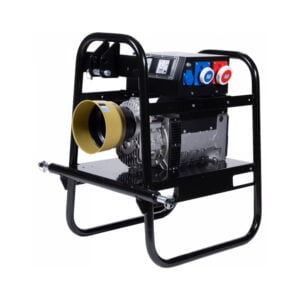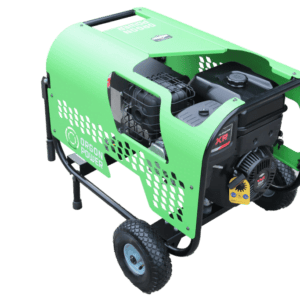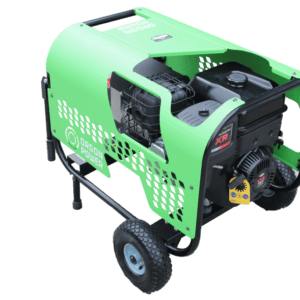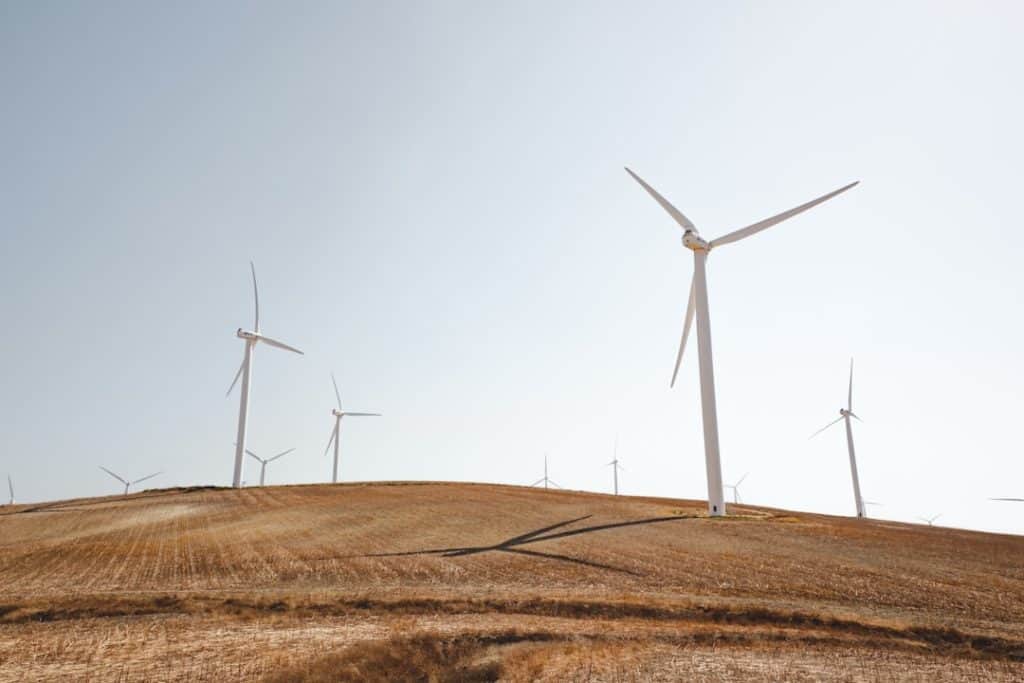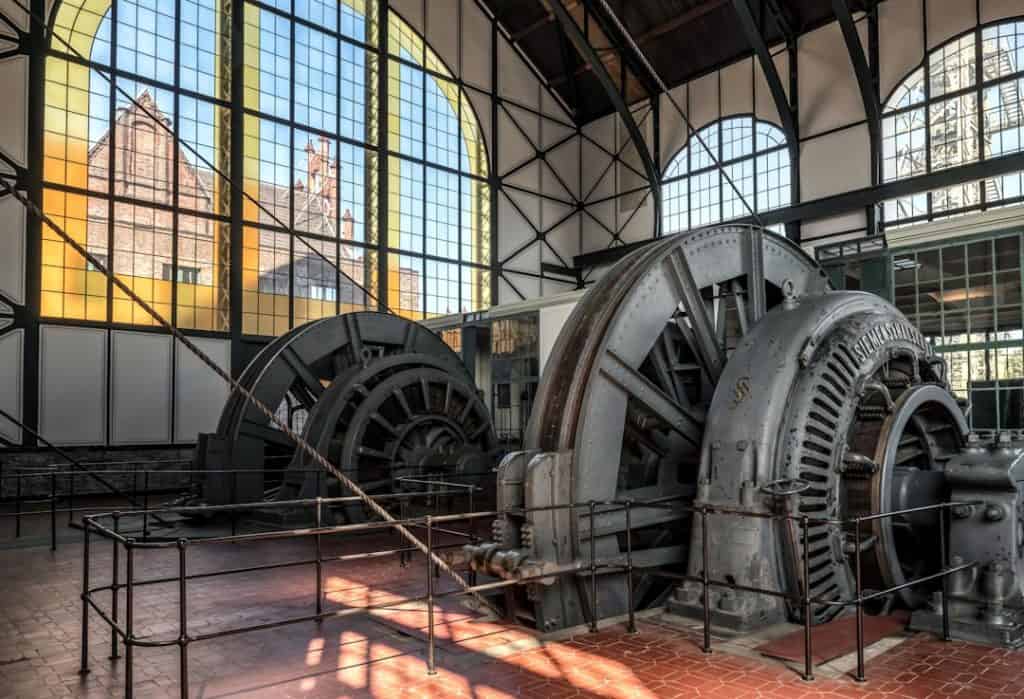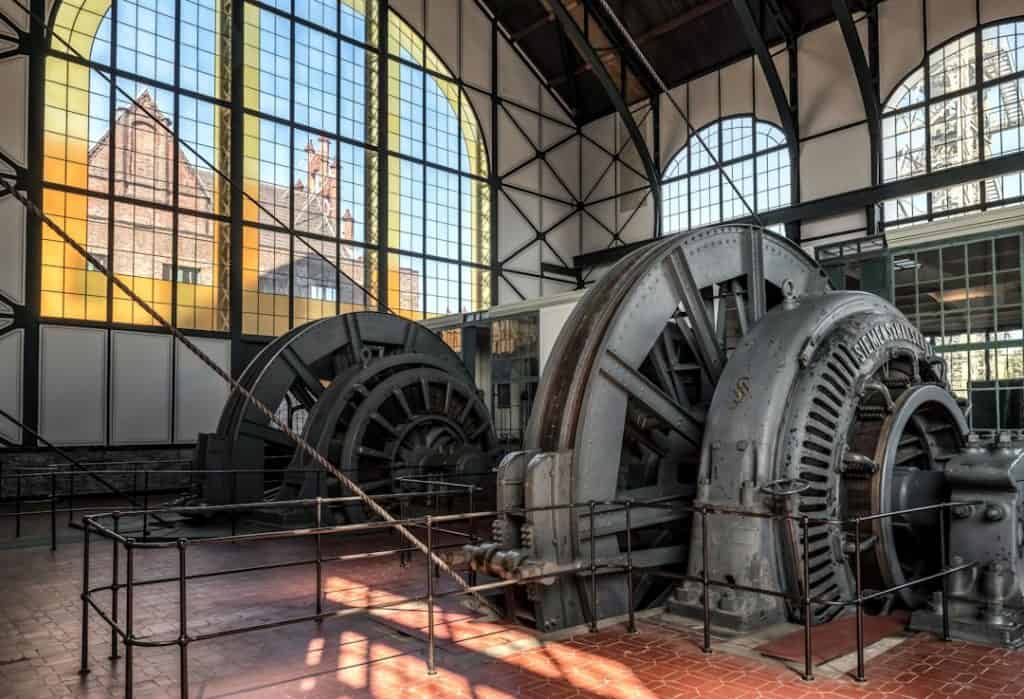Choosing the right power generator is crucial for industries, businesses and households that need an uninterrupted supply of electricity. Generators provide backup power in the event of power outages or problems with the electrical grid. The correct selection of the generator affects the efficiency, economy and reliability of the power supply system.
When choosing an electric generator, it is necessary to consider the following factors:
1. Total electricity consumption
2. Types and number of devices to be powered
3.
Expected operating time of the generator
4. Possibility of future capacity expansion
It is important to accurately estimate current and future electricity needs in order to select a generator with the appropriate capacity. A generator that is too large can be inefficient and expensive, while one that is too small may not meet all needs.
Electric generators differ in fuel type (diesel, gasoline, gas), power, portability and noise level. The choice depends on the specific requirements of the user and the conditions in which the generator will be used. A properly sized and maintained generator ensures reliable backup power, protects against interruptions and potential losses due to power outages.
Key Takeaways
- It is important to choose the right electric generator for your needs
- It is necessary to carefully consider your needs and the capacity of the electric generator
- There are different types of electric generators, so it is important to choose the right one
- Quality and reliability are key factors when choosing an electric generator
- Economy and efficiency are important for the long-term use of electric generators
- Regular maintenance and proper use are key to extending the life of an electric generator
- Consulting with experts can help you make the right decision about an electric generator
Consideration of needs and capacities
When considering the needs and capacity of an electric generator, it is important to take into account all the factors that can influence the choice of the appropriate model. It is necessary to analyze the total consumption of electricity in order to determine the appropriate capacity of the generator. You should also consider the type of load that the generator will have to support, as well as the duration of the generator's operation.
These factors will help determine the optimal capacity of the generator that will be able to meet all the needs of the user. In addition, it is important to consider the possibility of parallel operation of several generators to ensure additional power supply in case of increased electricity consumption. Also, the possibility of expanding the capacity of the generator in the future should be taken into account in order to ensure that it will be able to meet all the needs of users in case of increased electricity consumption.
Proper consideration of needs and capacity is key to choosing the right electric generator that will be able to provide a stable and reliable supply of electricity.
Types of electric generators

There are several types of electric generators that can be used depending on the specific needs of the user. Diesel generators are one of the most commonly used types of electrical generators due to their reliability and efficiency. They are suitable for continuous operation and can provide a stable power supply even in the event of a prolonged power outage.
In addition, there are gasoline generators that are suitable for smaller requirements and short-term electricity needs. There is also the possibility of using solar generators that use solar energy to produce electricity. These generators are environmentally friendly and can be a great choice for those looking to reduce their impact on the environment.
In addition, there are inverter generators that are suitable for camping or other outdoor activities due to their small size and quieter operation. Understanding the different types of electric generators is key to choosing the right model that will be able to meet all the specific needs of the user.
Quality and reliability
| Parameter | Value |
|---|---|
| Average time between failures | 200 hours |
| Production error rate | 0.5% |
| Percentage of product returns by customers | 1% |
Quality and reliability are key factors to consider when choosing an electric generator. A quality generator will ensure a stable power supply even in the most demanding conditions, while reliability will ensure that continuous operation is maintained without downtime or breakdowns. Therefore, it is important to carefully consider the manufacturer and the quality of the materials from which the generator is made before making a purchase decision.
Additionally, it is important to consider the warranty that comes with the generator to ensure that any breakdowns or damage will be covered. Also, the availability of spare parts and service services should be considered to ensure that maintenance and repairs can be carried out without problems. A high-quality and reliable electric generator is crucial for ensuring a stable power supply in all conditions.
Economy and efficiency
Economy and efficiency are two other key factors to consider when choosing an electric generator. It is important to consider the cost of purchasing, installing and maintaining a generator to determine if it is an economical choice for the user. Also, the consumption of fuel or other energy sources should be taken into account in order to determine how much it will cost to operate the generator over a longer period of time.
In addition, it is important to consider the efficiency of the generator in order to determine how well it will be able to satisfy all the needs of the user with minimal consumption of resources. Proper consideration of economy and efficiency is key to choosing an electrical generator that will be able to provide a stable supply of electrical energy at minimal cost.
Tips for maintenance and use

Maintenance and proper use of the electric generator are key to extending its life and ensuring stable operation. Regular maintenance includes cleaning the air filter, changing the oil and filter, checking the condition of the battery, as well as checking the condition of the fuel. It is also important to regularly test the operation of the generator to ensure that it is ready for use in the event of a power outage.
In addition, it is important to follow the manufacturer's instructions when using the generator to ensure that it will perform optimally and safely. Also, care should be taken to properly store fuel to ensure that it will be usable when needed. Proper maintenance and use are key to extending the life of the generator and ensuring its reliability.
Consultation with experts
Finally, before making a decision to buy an electric generator, it is important to consult with experts to get relevant information and advice. Experts will be able to provide detailed information on different models of electric generators, as well as recommend the best model that will meet the specific needs of the user. Also, experts will be able to provide advice on the installation, maintenance and use of the electric generator to ensure that it will work optimally and safely.
In addition, experts will be able to provide information on the legal regulations that should be followed when using an electric generator to ensure that it will be legal to use. Consultation with experts is key to making an informed decision about purchasing an electric generator.
FAQs
What are electric generators?
Electric generators are devices that convert mechanical energy into electrical energy through electromagnetic induction.
How do electric generators work?
Electric generators work by rotating magnetic poles inside a conducting coil to create an electric current.
What is the role of electric generators in the production of electricity?
Electric generators are crucial in the production of electricity because they enable the conversion of various sources of energy (e.g. water, thermal, nuclear) into electricity.
What types of electric generators are there?
There are different types of electrical generators, including rotary, linear, induction, and other specialized types of generators.
What are the applications of electric generators?
Electric generators are used in a variety of industries, including power generation, transportation, industry, medicine, and other areas where electricity is needed.

